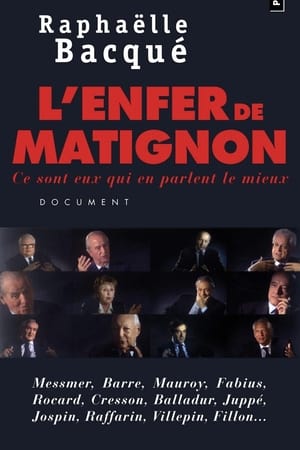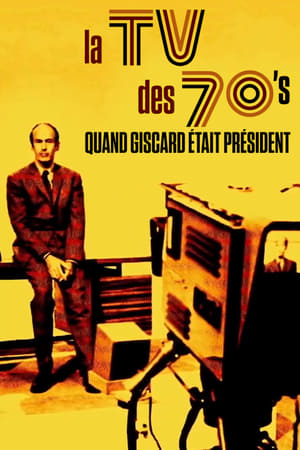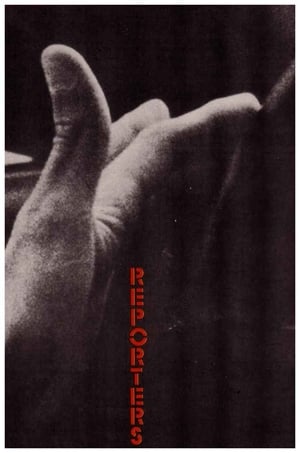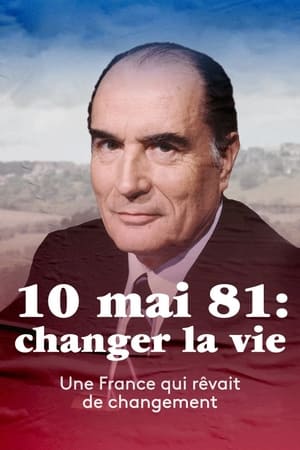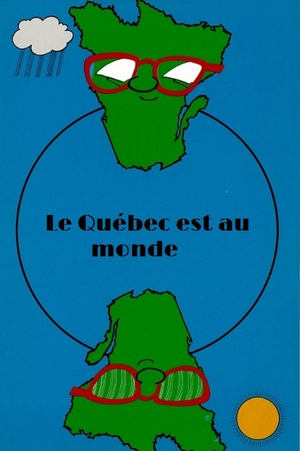Biography
Raymond Octave Joseph Barre (12 April 1924 – 25 August 2007) was a French centre-right politician and economist. He was a Vice President of the European Commission and Commissioner for Economic and Financial Affairs under three presidents (Rey, Malfatti and Mansholt). He later served as Prime Minister under Valéry Giscard d'Estaing from 1976 until 1981. As a candidate for the presidency in 1988, he came in third and was eliminated in the first round. He was born in Saint-Denis, on the French island of Réunion, and then still a colony (it became an overseas department in 1946).
After his education, Raymond Barre was a professor of economics at the Institut d'Etudes Politiques de Paris (Sciences Po) as well as École Centrale Paris.
From 1959 to 1962, he was director of Jean-Marcel Jeanneney's staff in the ministry of Industry and Trade. Then, in 1967, President Charles de Gaulle chose him as Vice-President of the European Commission for Economic & Financial Affairs. He stayed in Brussels until January 1973, serving in the Rey, Malfatti and Mansholt Commissions. Having come back to France, he joined the cabinet as minister of External Trade in January 1976.
Seven months later, while mostly unknown at that time, President Giscard d'Estaing appointed him Prime Minister and Minister of Economy and Finance. He presented him to the French people as "the best economist in France" (French: meilleur économiste de France). Under the Fifth Republic, he was the only person to hold these two offices at the same time. He left the ministry of Economy and Finance in 1978 but stayed as Prime minister until the defeat of Giscard d'Estaing at the 1981 presidential election.
At the head of the cabinet, he was faced with the conflict which divided the parliamentary majority between the "Giscardians" and the neo-Gaullist Rally for the Republic (RPR) led by his predecessor Jacques Chirac. The right majority unexpectedly won the 1978 legislative election.
Barre was primarily confronted with an economic crisis. He advocated numerous complex, strict policies ("Barre Plans"). The first Barre plan emerged on 22 September 1976, with a priority to stop inflation. It included a 3-month price freeze; a reduction in the value-added tax; wage controls; salary controls; a reduction of the growth in the money supply; and increases in the income tax, automobile taxes, luxury taxes and bank rates. There were measures to restore the trade balance and support the growth of the economy and employment. Oil imports, whose price had shot up, were limited. There was special aid to exports, and an action fund was set up to aid industries. There was increased financial aid to farmers, who were suffering from a drought, and for social security. The package was not very popular but was pursued with vigor.
He did not use diplomatic language in the face of trade union opposition. Instead, he mocked "the bearers of banners" (French: les porteurs de pancartes) and he exhorted "instead of grousing, you should work hard".
After he departed from the head of the cabinet, he was elected deputy of Rhône département under the label of the Union for French Democracy (UDF). However, he never formally joined the party. He held his parliamentary seat until 2002. ...
Source: Article "Raymond Barre" from Wikipedia in English, licensed under CC-BY-SA 3.0.

